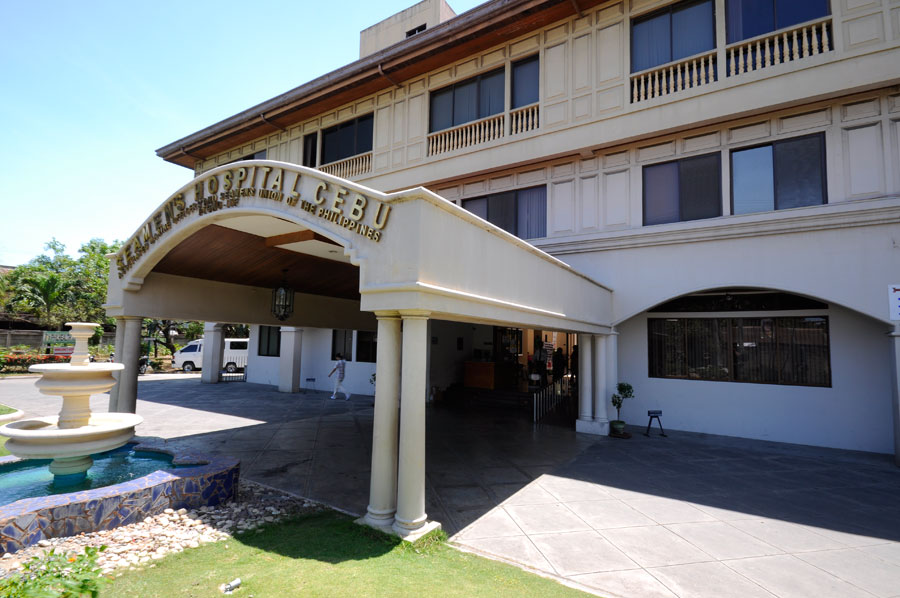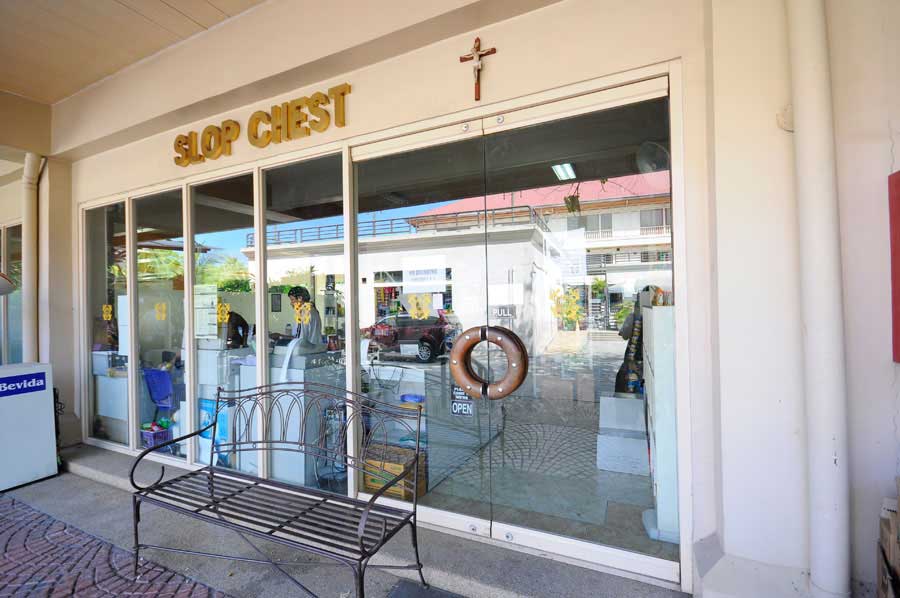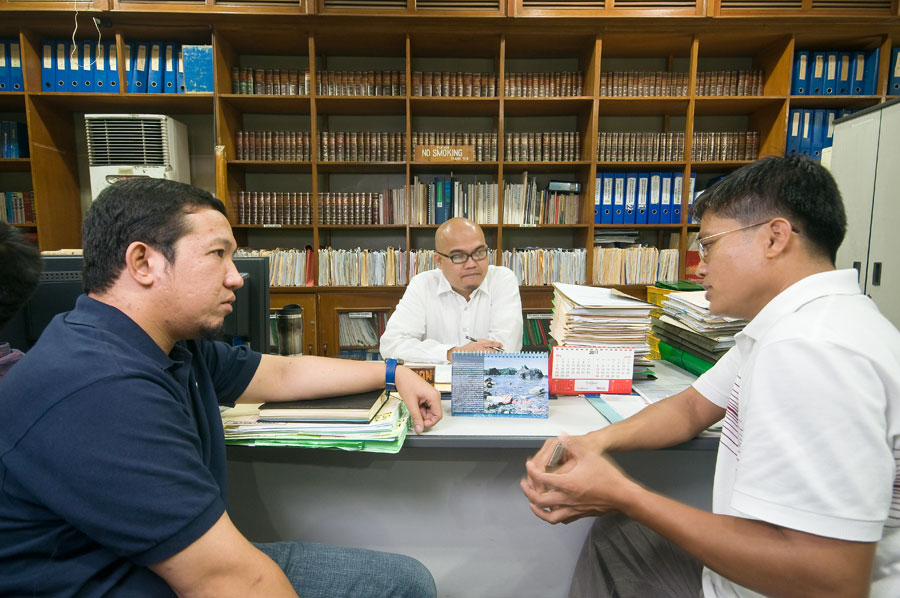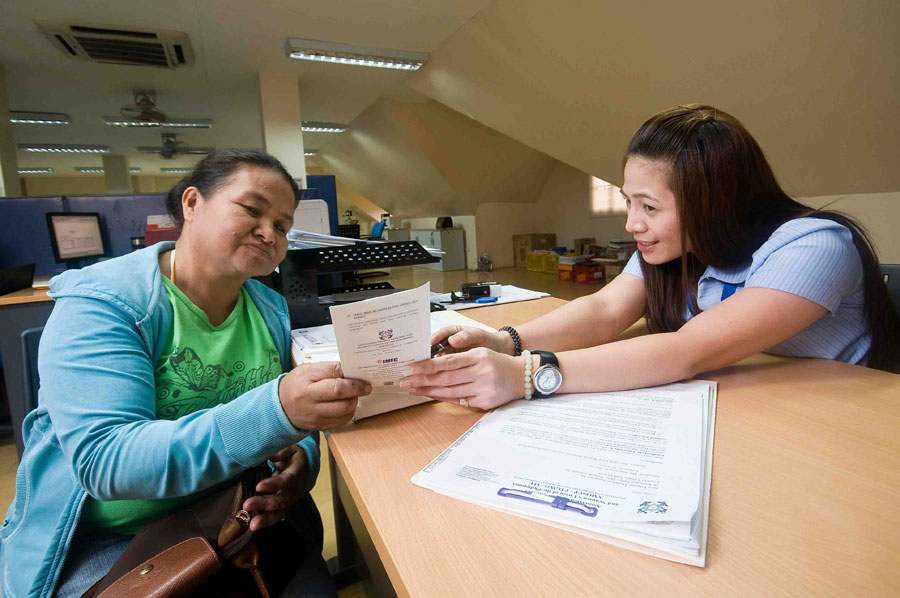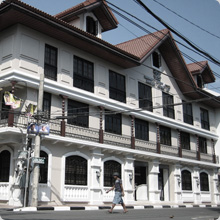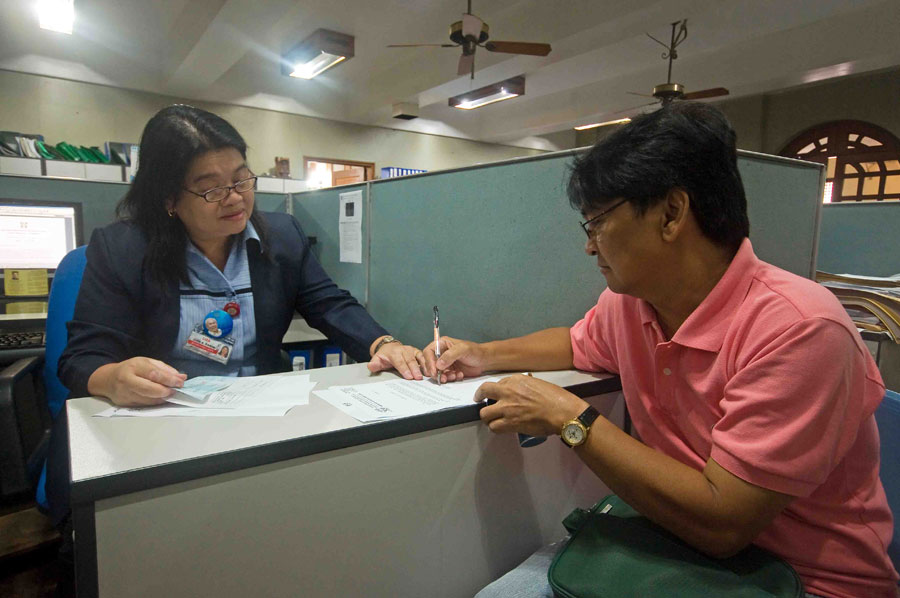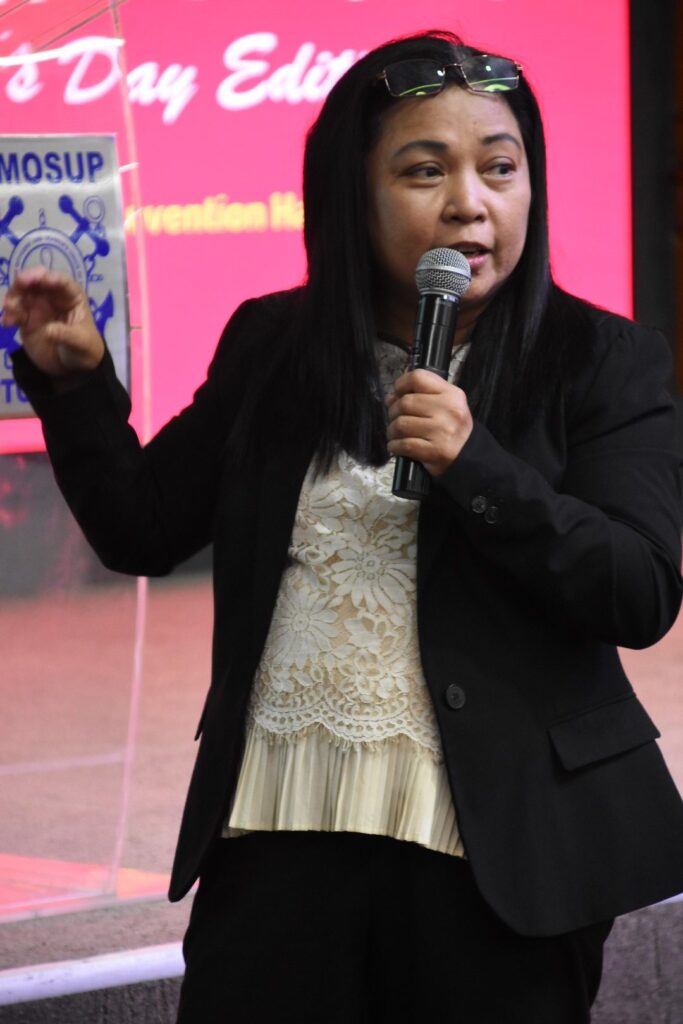
Assistant Professor Lucia P Tangi of the Department of Journalism at the University of the Philippines Diliman tackles the risks seafarers considered in their profession. The study, which is part of her dissertation for a doctorate degree at the UP College of Social Work and Community Development (CSWD), ranks these risk.
Filipino seafarers are more scared about being idle for months than facing pirate attacks in any part of the world, according to a survey carried out among the shipboard personnel.
A study on the risks and vulnerability of seafarers titled, “Hierarchies and Risks: Towards an Inclusive Social Protection for Filipino Seafarers” surveyed a total of 232 male and female ship officers and crews from August 2017 to January 2018. The results of the survey were validated with three focus group discussions (FGDs) with a total of 55 participants. The surveys and FGDs were all done in various areas in Metro Manila including the Seafarers’ Market in Luneta, AMOSUP offices, United Filipino Seafarers and Integrated Seafarers of the Philippines.
Based on the survey of 232 seafarers from various categories – officers, ratings and non-marines – almost 41% said that economic difficulty due to long standby period is the top risk they face. The fact that economic difficulty due to long stand-by period is the top concern of seafarers shows that many of them are not prepared for such a risk.
Not having enough savings at the end of a contract is the second major risk which is also quite high at 32% or about a third of the participants. Health risks and death risks due to environmental problems are the third and fourth major concerns of seafarers. This shows that seafarers are now becoming more aware about the possible risks they face with the environmental degradation.
Death and disability due to natural disasters are fifth and sixth among the top risks perceived by seafarers. This reflects how seafarers are also more vigilant about natural disasters. One in every four seafarers (25.23%) said that they are at risk due to accidents. This reflects that there is high awareness among seafarers regarding occupational safety.
Loneliness and depression continue to be a concern among seafarers with 23%. Majority, however, are now more adjusted to the life on board and have found more coping mechanisms to avoid loneliness when they are away from their loved ones.
Most of the seafarers communicate with their families and friends either by texting or through social media.
Health and death risks due to natural causes rank ninth and 10th in the survey. This shows that one out of five seafarers (21%) are concerned about their health.
The result of the survey also debunks the decades-old belief on “seamanloloko” or seafarers as womanisers. The survey shows that only 10 see the risk of separation. In fact only seven or 3.5% of the research participants are separated at the time of research.
Given the findings in the survey, this study is recommending the government, trade unions and crewing agencies to provide more literacy programmes and trainings for seafarers. Such financial literacy must start in maritime school.
Although at present, seafarers can avail of the livelihood programmes of the state-run OWWA, the amount granted may not be enough. It is also important to include the spouse and family members in the financial literacy to encourage them to invest the seafarers’ earnings in productive investments instead of splurging them on gadgets, travels and unnecessary things.
It is also imperative for stakeholders to provide more education and training to seafarers regarding the impact of environmental degradation and natural disasters on seafarers. Compliance to laws against dumping waste at sea must be strictly implemented and seafarers must be encouraged to follow those international maritime conventions.
Although ships have their regular fire and disaster drills, no one can really prepare enough for a disaster. Perhaps, conducting more realistic drills would help seafarers in facing real disasters. The families of seafarers should also be prepared for any disaster given the risks of the life at sea. In most cases, shipping companies and OWWA give financial assistance and help the families in their emotional and psychological needs.
Loneliness and depression continue to be a major concern among seafarers. Shipowners and shipmanagers must make sure that their crewmembers are in touch with their families and friends. Promoting camaraderie and support system among crew members will be of great help in preventing loneliness especially at times when there are no phone signals or internet connection. Reducing telecommunication costs will also be appreciated by the crew.
Providing a balanced diet in every meal should be a priority in every ship. Many seafarers complained about the lack of fresh food especially vegetables during meals. Encouraging crew members to do regular exercise should also be required by shipowners. There is of course no way to stop any risk, but its impact can be mitigated or managed. Every Filipino seafarer deserves to return home safe and sound to his port of origin.
Top 10 risks considered by Filipino seafarers
| RISKS Considered | YES | NO |
| 1. Economic difficulty due to long standby period | 90 (40.54%) | 132 (59.46%) |
| 2. No savings after finished contract | 72 (32.43%) | 150 (67.57%) |
| 3. Health risks due to environmental problems such as water pollution/oil spill | 67(30.18%) | 154(69.37%) |
| 4. Accidents due to environment and natural disasters | 64 (28.83%) | 157(70.72%) |
| 5. Death due to environment disasters | 57(25.68%) | 164(73.87%) |
| 6. Disability due to environment and natural disasters | 57(25.68%) | 164(73.87%) |
| 7. Disability due to accidents | 56 (25.23%) | 166 (74.77 %) |
| 8. Loneliness and depression due to separation from family/loved ones | 52 (23.42%) | 170 (76.58%) |
| 9. Health risks due to natural causes | 47 (21.17%) | 175 (78.83%) |
| 10. Death due to natural causes | 47 (21.17%) | 175 (78.83%) |

